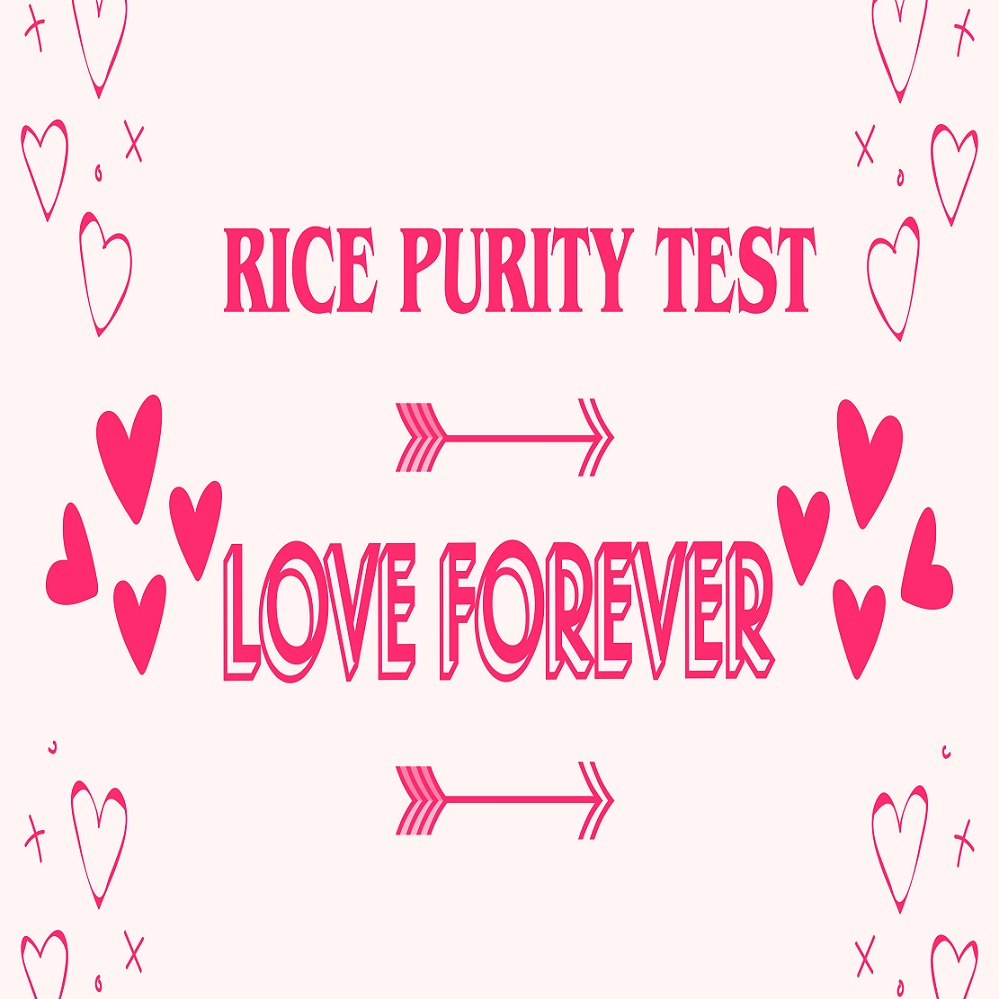In today’s society, the concept of innocence holds great significance. Innocence tests, such as the Rice Purity Test, have gained popularity as a way to gauge a person’s purity or naivety. This article delves into the mechanics of innocence tests, specifically focusing on the Rice Purity Test. We will explore its origins, purpose, and the impact it has on individuals. By examining this test in-depth, we aim to provide a comprehensive understanding of its intricacies and shed light on its relevance in contemporary culture.
What is the Rice Purity Test?
The Rice Purity Test is a self-assessment survey that measures an individual’s purity or innocence based on their life experiences. It consists of a series of questions that cover a wide range of topics, including relationships, sexual activities, substances, and personal behavior. Originally developed at Rice University, hence the name, this test has become popular among college students as a way to compare their experiences and levels of innocence.
The Mechanics of Innocence Tests
Innocence tests, like the Rice Purity Test, follow a similar structure. They typically consist of a set of multiple-choice or yes/no questions that allow individuals to assess their experiences in various aspects of life. The questions are designed to cover a wide spectrum of activities, enabling the test-taker to evaluate their purity based on their responses.

The Origins of the Rice Purity Test
The Rice Purity Test was first introduced in the 1980s at Rice University, a private research university located in Houston, Texas. It was created by a group of students as a means of bonding and engaging in lighthearted conversations about their experiences. Over time, the test gained popularity beyond the university and became a widespread phenomenon among college students across the United States.
Understanding the Purpose of Innocence Tests
Innocence tests serve various purposes in society. They can be used as icebreakers, conversation starters, or even as a form of entertainment. For many individuals, taking the Rice Purity Test is a way to reflect on their past experiences and compare them with others. It allows people to gain insights into their own lives and provides a sense of belonging within a community.
The Impact of Innocence Tests on Individuals
While innocence tests may appear to be harmless and fun, they can have a significant impact on individuals. The results of such tests may evoke feelings of pride, shame, or curiosity. Some individuals may feel validated by a high purity score, while others may experience a sense of regret or FOMO (fear of missing out) if their score is lower than expected.
The Mechanics of the Rice Purity Test
The Rice Purity Test consists of a list of 100 questions that cover various aspects of an individual’s life experiences. These questions are designed to assess the test-taker’s level of innocence or purity. The questions range from innocent activities, such as holding hands or going on a date, to more mature topics like sexual encounters and substance use. Each question requires a simple “yes” or “no” response.
FAQs about the Rice Purity Test
How accurate is the Rice Purity Test in measuring innocence?
The Rice Purity Test is not intended to be a scientifically accurate measure of innocence. It is merely a fun and lighthearted survey that provides individuals with an opportunity for self-reflection and comparison.
Can the Rice Purity Test be taken multiple times?
Yes, the Rice Purity Test can be taken multiple times. Some individuals may choose to retake the test after a certain period to see how their responses have changed over time.
Is the Rice Purity Test suitable for all age groups?
The Rice Purity Test is primarily targeted toward college students and young adults. It may not be appropriate for individuals in younger age groups due to the mature nature of some of the questions.
Does the Rice Purity Test have any scientific basis?
The Rice Purity Test is not scientifically validated and should not be taken as a definitive measure of an individual’s character or values. It is simply a recreational activity that sparks conversations and provides amusement.
Can the Rice Purity Test be used as a judgmental tool?
It is important to remember that the Rice Purity Test is meant to be a light-hearted activity. It should not be used as a judgmental tool to shame or criticize others based on their responses.
Are innocence tests like the Rice Purity Test popular outside of the United States?
Innocence tests have gained popularity in various countries, although they may not be as widely known or used as they are in the United States.
The mechanics of innocence tests, particularly the Rice Purity Test, offer insights into how individuals assess and compare their experiences. These tests serve as a source of amusement and self-reflection for many college students and young adults. However, it is important to approach innocence tests with a lighthearted mindset and not use them as definitive measures of an individual’s character or worth. The Rice Purity Test, with its 100 questions, provides an engaging way for individuals to explore their past experiences and share in the camaraderie of others.
